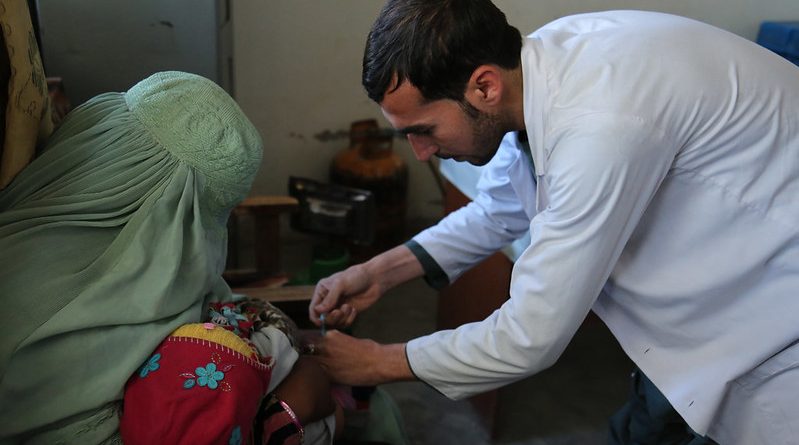Focus on Civilians in Conflict: Health Workers
Harshana Ghoorhoo
International News Editor
Deliberately targeting health care systems and personnel who treat those in need is a grave breach of international law and violates the fundamental principle of medical neutrality – the obligation and right to treat those in need regardless of ethnicity, race, or gender. As reported by Physicians for Human Rights (PHR), the calculated targeting of health care facilities and workers is a defining element of the ongoing conflicts in Syria and Yemen, often having devastating impacts on civilians in dire need of treatment.
When medical workers are killed, the human toll is not just their lives, but also the exponential number of people who will suffer without treatment and ultimately add to the death toll. In the case of the Syrian conflict, when these attacks become prolonged and widespread, the consequences reverberate throughout the entire civilian community, inciting fear among the population, PHR states.
In Syria’s northwestern province, the city of Idlib continuously suffers the crushing effects of intense bombardments by the Syrian government. At least 68 medical facilities have been attacked since April 2019, resulting in the death of no less than 1,330 civilians and the destruction of local markets and school buildings, OCHA reported.
The New Humanitarian reports that among hospitals bombarded in Idlib, some had shared coordinates with the UN-run deconfliction list meant to protect certain hospitals from attacks by the warring parties. The New Humanitarian further states, “the deconfliction mechanism has faced heavy scrutiny from humanitarian workers on the ground, fearing that they may be left vulnerable to attacks by the allied Russian forces and the Syrian government.” Many are now questioning the lack of urgency with which the UN addresses the safety of medical workers in conflict zones.
Another crucial element in the context of medical personnel working in civil war environments is the mental exhaustion and psychological scarring that they face due to constant bombings and the inability to save a lot of lives. As affirmed by Al-Jazeera, doctors and hospital assistants have to be constantly on guard against the fear that their medical facility might be the next target. In upholding their duty and oath as physicians, they willingly put their own safety at risk to save innocent lives.
The Yemen conflict, one of the worst humanitarian crises in the world, faces similar threats to its health care workers and medical facilities. Insecurity and access constraints due to active bombardment prevent NGOs and medical organizations from collecting reliable data on humanitarian and medical needs such as malnutrition across the country, reports Doctors Without Borders.
Furthermore, clashes between opposing parties have the most calamitous consequences on hospitals upon which thousands of people depend on their treatments. The UN affirmed that around 15,000 civilians have been left compromised and unable to seek critical medical assistance because of recent attacks on health facilities in Yemen’s Marib province. Additionally, the Saudi-led coalition’s severe movement restrictions block the indispensable flow of aid, compromising the abilities of health workers to deliver appropriate and adequate services, Human Rights Watch stated. According to the same report, the access to fuel needed to power generators to hospitals has also been blocked.
The support of community health workers is indispensable in preventing worsening conflict situations and helping to rebuild societies devastated by war. Deploying cadres of health workers in strategic areas of post-conflict zones, especially in areas like Kenya and Ethiopia, can be the key to supporting marginalized communities. Health workers are critical agents of peace and conflict prevention as well as helping to prevent the worsening of political violence, asserts the UN Dispatch.
In a shrinking world of cultural compression, increasing religious tensions, and re-emergence of active conflict, it is paramount for the international community to reassess the attention being given to the safety of healthcare workers in conflict zones and the protection of hospitals. New policies and measures need to be devised where civilian safety is a top priority.


